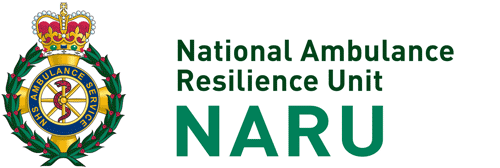
The National Institute for Health and Care Excellence (NICE) is recommending the NHS provides more advanced paramedic practitioners (APPs) to relieve pressure on emergency departments, in new draft guidance.
Evidence reviewed by NICE shows that using APPs can reduce hospital admissions by 13% compared with standard paramedics.
APPs are able to treat patients in the community, refer them to a GP or decide if they should go to hospital. They can administer stronger pain relief compared with standard paramedics and are able to assess if a wound need stitches.
A previous British Medical Journal study suggests that for each APP, the NHS can save up to £72,000 a year. They can be used on the ground or by sharing their expertise over the phone.
Professor Julian Bion, consultant in intensive care medicine at Queen Elizabeth Hospital and chair of the NICE guideline committee, said:
“It is essential we spend what money we have wisely, investing in areas where we’ll see a real improvement in care for everyone.
Increasing the number of advanced paramedics we have working across the country is one way we can achieve this. Their skills and expertise can help to ease pressure on emergency departments and ensure patients are cared for in the most appropriate location.”
The draft guidance also makes wider recommendations about emergency and acute medical services to standardise care across the NHS. It supports NHS England’s Five Year Forward View for the future of emergency medical services.
These include providing nurse-led support within the community for people who are at risk of hospital admission, for example, if they have recently suffered a stroke or been diagnosed with heart failure.
Hospitals should consider daily consultant review of patients admitted with a medical emergency including weekends and bank holidays, the draft guidance says.
These patients should also get automatic, seven-day access to physiotherapy and occupational therapy if they need it, the document says.
Professor Mark Baker, director of the centre for guidelines at NICE, said:
“This draft guidance features recommendations that seek to standardise best practice across our emergency and acute medical services. It also highlights where we need more evidence to properly assess what should be done to get the most from the limited resources we have.”
In total, there are 23 practice recommendations and 17 recommendations for more research, such as whether having GPs working in or near emergency departments can help reduce hospital admissions.
NICE will be consulting on the draft guidance until 14 August.
